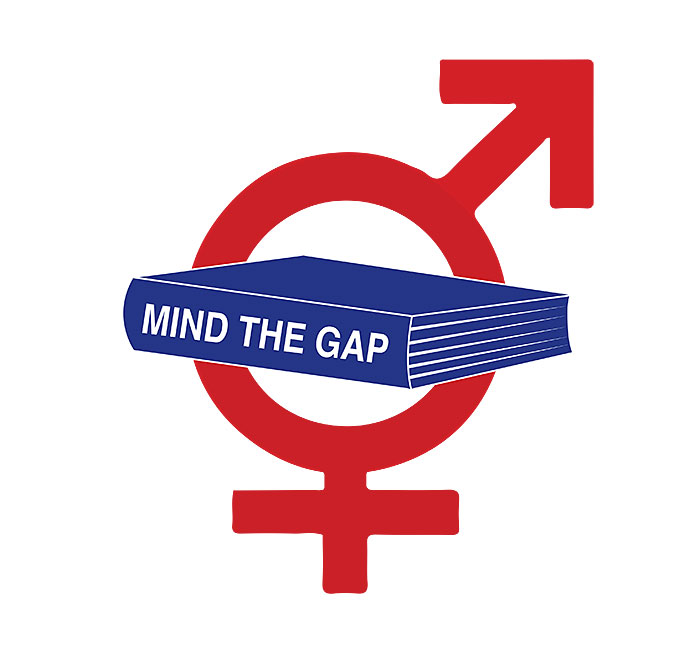The gender gap in book publishing has always existed in some shape or form.
While book publishing is a predominantly female-driven field, men in the industry are often paid more, promoted faster than women, and receive higher senior bonuses. The Bookseller news team describes one factor of this phenomenon as the “‘fetishisation’ of men in publishing, a trade ‘where women tend to be more common, so men are paid comparatively more to “tempt” them into the industry.'”
Early this spring, the results of Hachette Ltd.’s gender pay gap gathered attention. The Bookseller revealed that Hachette Ltd. has a “median gender pay gap of 24.71 percent, a mean gender pay gap of 29.69 percent, and a median bonus gender pay gap of 62.64 percent.” Being told there is a significant gender pay gap in the book publishing industry is one thing, but seeing data undeniably proves these results need to be addressed.
The Bookseller conducted a survey to continue to raise awareness about the pay gap, and 84 percent of participants in the publishing industry expressed concern about the clear difference in pay in their own companies. The survey reached 133 people; 87 percent were women, 11 percent were men, and 2 percent were other. Not only were participants frustrated with the obvious pay gap, they were also unhappy with how their employers were handling the situation. In other words, unhappy with how it isn’t being handled. More often than not, employers deliver information about the pay gap without expressing ways they plan on changing this problem.
But employees in the publishing industry aren’t the only ones experiencing this gender disparity. While several female authors have revolutionized book publishing and have done exceptionally well, including Toni Morrison, Ursula K. Le Guin, and Margaret Atwood (to name a few), many female authors throughout history have been forced to write under male pseudonyms. Even J. K. Rowling felt the need to take on the pseudonym Robert Galbraith when she published The Cuckoo’s Calling.
With the undeniable popularity and presence of male authors, many people thought it was a joke when the #MisandryInPublishing hashtag appeared in early April. Coincidentally, this Twitter phenomenon occurred around the same time the publishing industry wage gap was being discussed. Yes, it is true that female authors deserve way more recognition than they currently receive. No, it is not true that women in the publishing industry are rejecting male authors’ manuscripts as an attempt to monopolize the publishing industry and literary community.
The publishing industry in the US is made up of around 78 percent women, which shouldn’t be seen as a threat to male authors. Unfortunately, the creator of #MisandryInPublishing isn’t the only male author who feels that women in publishing are blocking his chances of being published. Book publishing shouldn’t be—and isn’t—a competition between genders. The industry is all about finding a marketable, well-written story by an author whose voice deserves to be heard—regardless of gender.
So what can be done about the gender gap in wages and representation in the book publishing industry? It isn’t enough to just talk about this issue. Instead, publishers need to be transparent with their employees and fairly compensate and reward people of all genders. Publishing professionals and enthusiasts also need to be aware of what they are reading. The literary community should celebrate strong female authors without the need to justify it.
Instead of being told to mind the gap, everyone in the publishing industry must take steps toward learning to close it.

